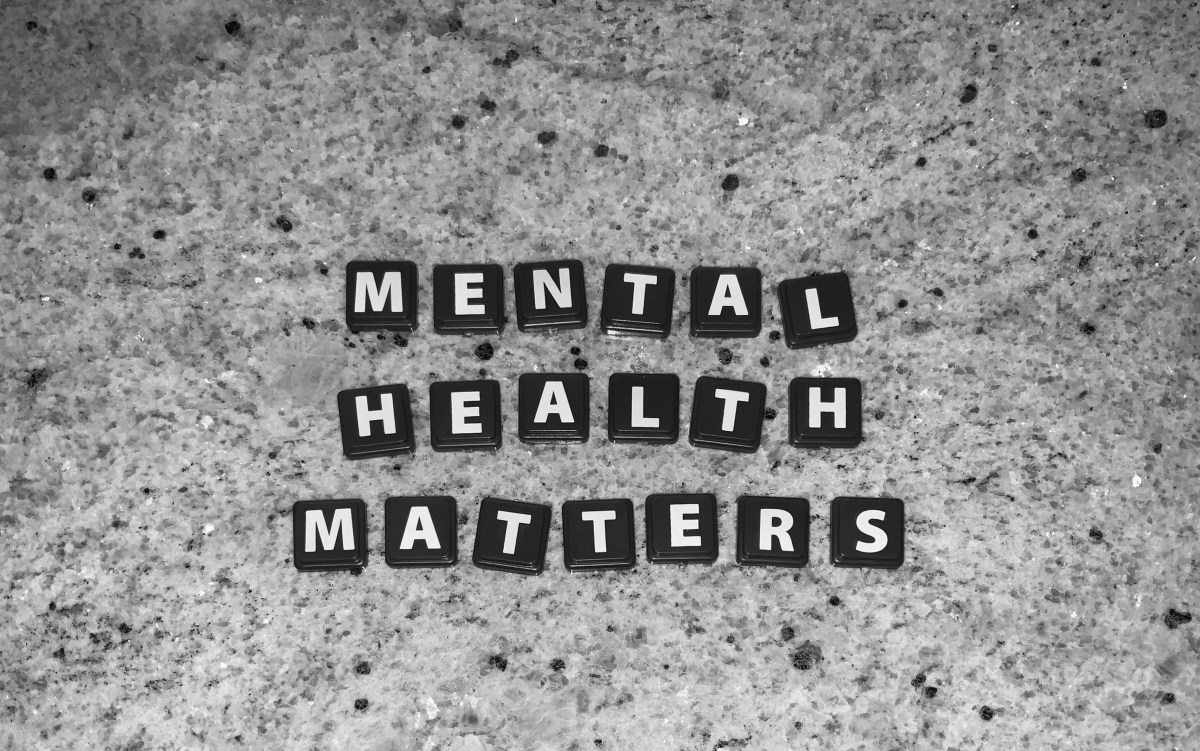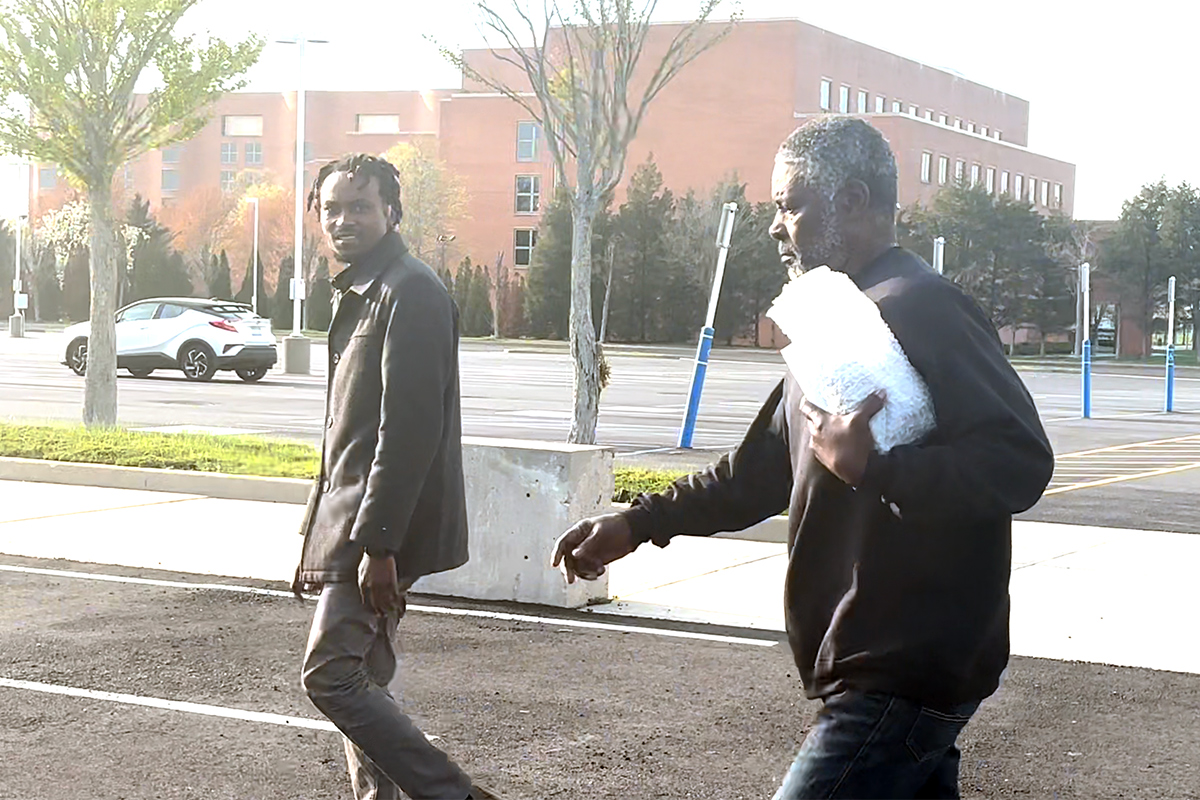Navigating mental health care can be challenging, especially when deciding whether to see a social worker, psychologist or psychiatrist. Each professional offers unique expertise and understanding their roles can help you choose the right support.
Never miss a story

Understanding the roles
Social workers
Licensed clinical social workers (LCSWs) focus on helping individuals and families navigate life challenges, such as grief, financial stress or chronic illness. They provide counseling and connect clients with resources like housing or support groups.
Psychologists
Psychologists hold doctoral degrees (Ph.D. or Psy.D.) and specialize in diagnosing and treating mental health issues through therapy. They offer tailored treatments like cognitive-behavioral therapy (CBT) for issues such as anxiety, depression and trauma but cannot prescribe medication.
Psychiatrists
Psychiatrists are medical doctors who diagnose and treat complex mental health conditions like bipolar disorder or schizophrenia. They can prescribe medications and may provide psychotherapy alongside medical treatments.
Determining your needs
- Life challenges: For stress, relationship issues or transitions, a social worker can offer practical support.
- Emotional or behavioral issues: For anxiety, depression or trauma, a psychologist can provide specialized therapy.
- Mental health disorders: For conditions requiring medication or medical interventions, a psychiatrist is ideal.
Starting counseling
- Set goals: Define what you want from therapy, such as stress management or addressing specific concerns.
- Research providers: Use directories like Psychology Today or professional associations to find licensed providers who specialize in your needs.
- Check insurance: Verify coverage and costs, including copays or sliding-scale fees for uninsured individuals.
- Schedule a consultation: Many providers offer initial consultations to ensure a good fit. Use this time to ask about their approach and experience.
- Prepare for sessions: List your symptoms and goals to share during your first appointment.
- Commit to the process: Attend regularly and practice the techniques learned in therapy.
When to Seek Immediate Help
If you or someone you know is in crisis, such as experiencing suicidal thoughts, call the 988 Suicide & Crisis Lifeline or visit the nearest emergency room.
Choosing the right mental health professional is a vital step toward well-being. Whether you work with a social worker, psychologist or psychiatrist, finding the right fit and committing to the process can lead to a healthier, more fulfilling life.
































